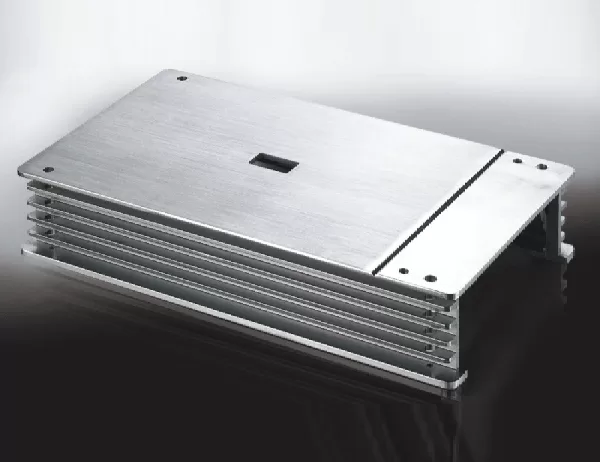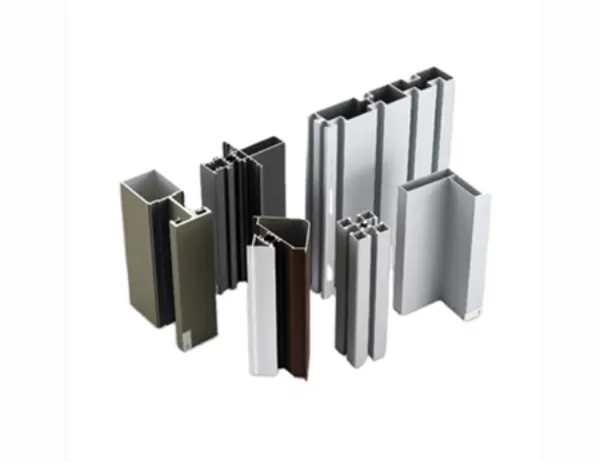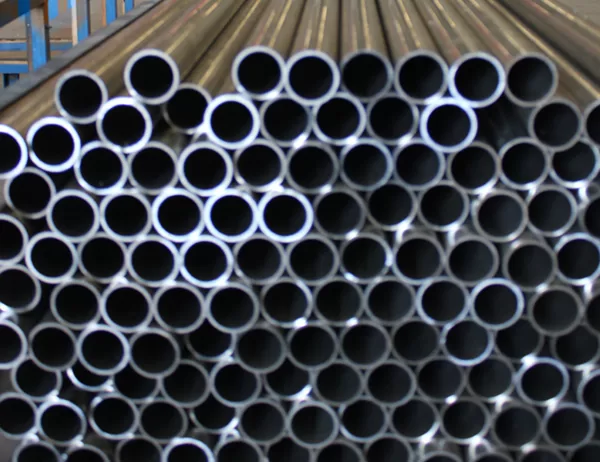Industrial aluminum profiles are versatile and durable components used in a wide range of applications across various industries. Their unique properties make them an ideal choice for constructing structures, frames, and other components that demand strength, lightweight, and corrosion resistance.
Aluminum profiles are renowned for their high strength-to-weight ratio, making them an excellent choice for applications where structural integrity is critical. They can withstand heavy loads and external forces without compromising their shape or performance. Their durability ensures that they can endure harsh operating conditions, including exposure to extreme temperatures, chemicals, and abrasion.
Aluminum naturally forms a protective oxide layer that provides excellent corrosion resistance. This inherent property makes aluminum profiles ideal for use in moisture-rich or corrosive environments, such as marine applications, food processing facilities, and chemical plants. They can withstand exposure to salt, acids, and other corrosive substances without degrading or rusting.
Despite their strength, aluminum profiles are incredibly lightweight. This characteristic makes them easy to handle, transport, and install. Their flexibility allows them to be customized into various shapes and sizes, meeting specific design requirements. This flexibility enables engineers to create innovative structures and components that optimize both weight and performance.
Aluminum profiles possess high thermal conductivity, making them efficient heat conductors. They can be used to dissipate heat from electronic devices, industrial machinery, and other heat-generating components. Additionally, aluminum profiles can be combined with insulating materials to create thermal barriers, reducing heat transfer between different environments.
Aluminum profiles offer an aesthetically pleasing finish that can complement various architectural and industrial designs. They are available in a wide range of colors and surface treatments, allowing for customization to meet specific aesthetic or functional requirements. The ability to customize aluminum profiles ensures that they can seamlessly integrate into different environments, enhancing both functionality and visual appeal.
Aluminum profiles are environmentally friendly and sustainable. Aluminum is a recyclable material, and recycled aluminum profiles have properties comparable to virgin aluminum. This recyclability contributes to reducing waste and conserving natural resources. The use of aluminum profiles aligns with the increasing demand for sustainable construction and manufacturing practices.
Industrial aluminum profiles play a crucial role in supporting various industrial applications due to their exceptional characteristics. Their strength, durability, corrosion resistance, lightweight, thermal conductivity, aesthetic appeal, and sustainability make them a versatile and cost-effective choice for engineers and designers. As the demand for lightweight, durable, and corrosion-resistant materials continues to grow, the use of aluminum profiles is expected to expand across multiple industries.




